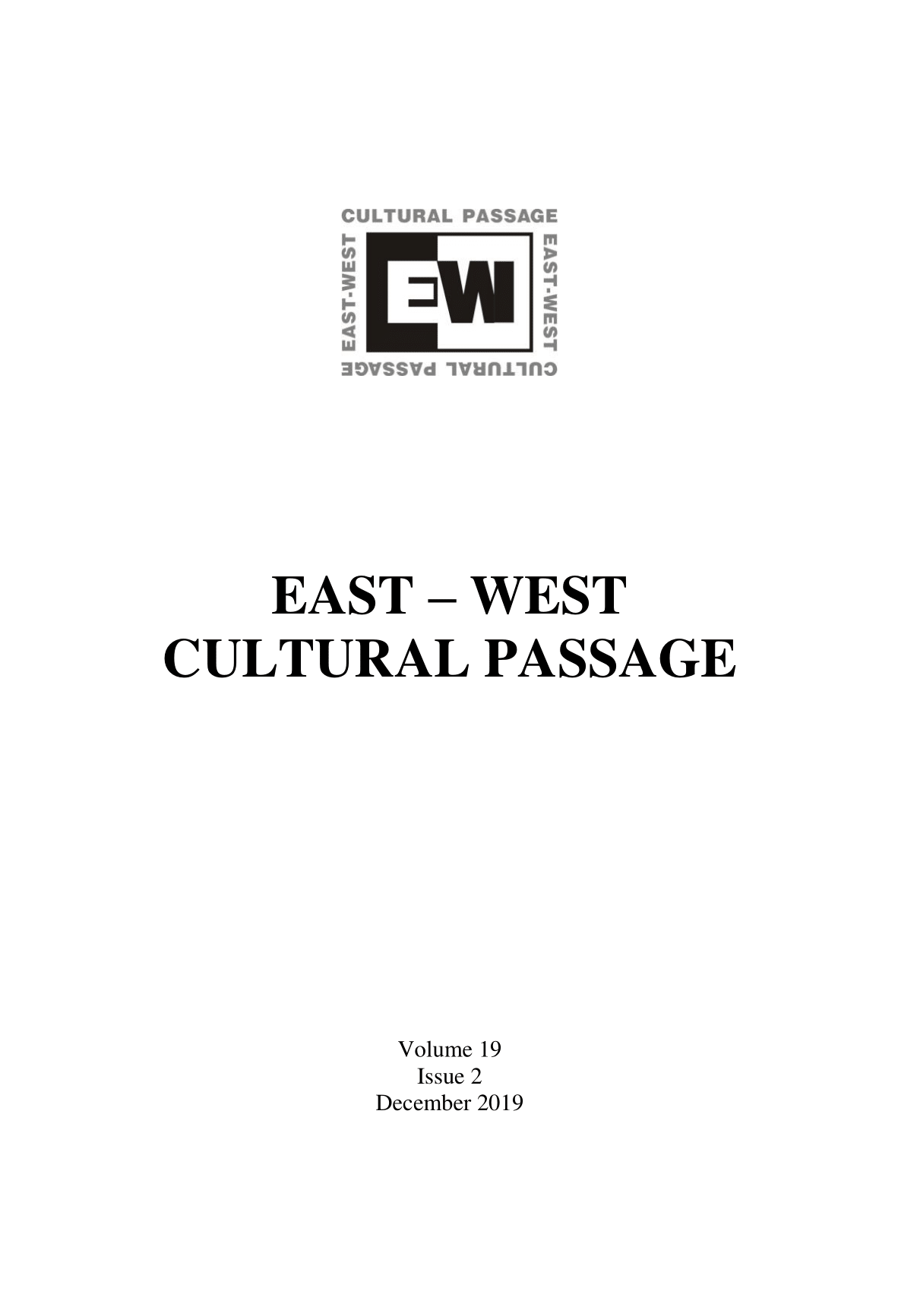Absurdity in Ernest Hemingway’s The Sun Also Rises
Absurdity in Ernest Hemingway’s The Sun Also Rises
Author(s): Maria-Miruna Ciocoi-Pop, Emilian TîrbanSubject(s): Studies of Literature, Novel
Published by: Editura Universitatii LUCIAN BLAGA din Sibiu
Keywords: absurdity; alcoholism; trauma; psychology; emasculation; resentment; meaninglessness;
Summary/Abstract: The purpose of this essay is to capture and convey, through the use of different works of philosophy that encapsulate thoughts on the same idea, the motif of the absurdity of life in Ernest Hemingway’s first novel The Sun Also Rises. The concept of the absurd will be, first and foremost, examined through absurdist criticism of the novel, using the philosophical thought of Albert Camus, Soren Kierkegaard, Friedrich Nietzsche and other philosophers who captured the essence of the absurd in their philosophy, all in order to represent this concept in Hemingway’s novel and to show how it truly manifests itself upon some of the most important characters’ psychology and their actions, portrayed throughout the three parts of the book. Mention will be made of the concept of “Lost generation” as it is the cornerstone to understanding, firstly, the characters’ background and current psychological status and the effects that the war had on an entire generation, leading them to an unwilling search for meaning in what this essay strives to present as a meaningless life.
Journal: East-West Cultural Passage
- Issue Year: 19/2019
- Issue No: 2
- Page Range: 160-169
- Page Count: 11
- Language: English
- Content File-PDF

